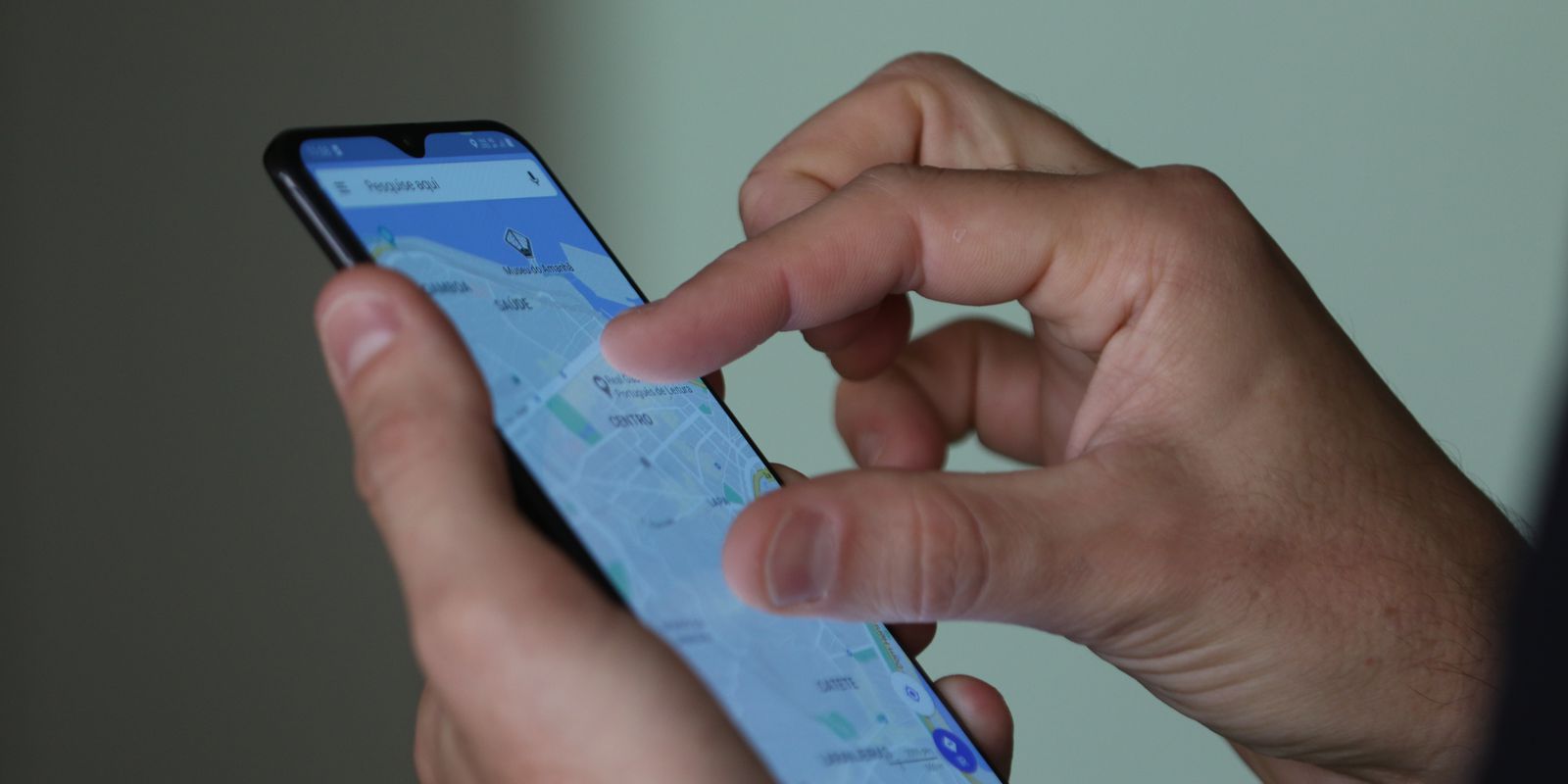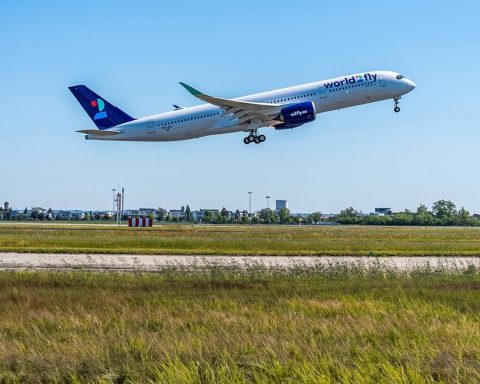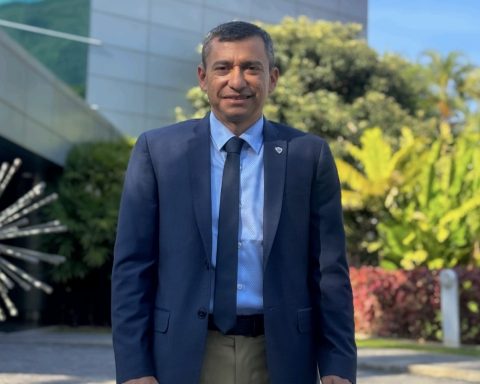Around 2,300 drivers have already registered for MobizapSP, a public application for individual passenger transport that will be implemented in the city. According to the Municipal Department of Mobility and Traffic (SMT), they are able to start operations.
The tool, similar to the Uber and 99 platforms, was launched by the city of São Paulo and aims to “improve the conditions of accessibility and urban mobility for citizens, with a focus on ease, efficiency, safety and a fair price”.
Among the differences from private platforms is the fact that there are no price changes for passengers – the so-called dynamic tariff – and better remuneration for drivers. The management fee is 10.95% (fixed). The rate in the private market varies between 40% and 60%, according to the city hall. Around 20,000 users registered with an interest in using the new system. For the time being, the MobizapSP database is being formed and the beginning of the operation will be defined based on these records.
“There is a need for a regulatory body in the city to have competition and not unanimity in the private sector. Having something in the public thing that we can follow everything that is happening in app cars. It is a big step”, said the secretary of Mobility and Transit, Ricardo Teixeira, during the announcement, this Thursday (9), at the headquarters of the Traffic Engineering Company (CET).
The application is aimed at trips that start in the city of São Paulo. Destination varies according to each client, may include other cities. After driver registration, the platform will be released to users. It can be found for Android and iOS operating systems. Rides can be paid for via cash, credit, debit and credit cards.
The project was made possible through public bidding, which was won by the 3C Consortium, for a lower percentage on the value of the rides. The management fee is 10.95% (fixed). “An alternative to the platforms that already operate in the city. With this, we will help to give more quality of life to these professionals”, pointed out, in a note, the city hall.
At the site from the city hall, the application’s terms of use and privacy policy are available, both for drivers and passengers. The documents explain, for example, in which cases the driver can be blocked from the platform, such as situations of violence and sexual harassment, threats, rude behavior, discrimination, sharing the account, disrespecting traffic and application laws, inadequate maintenance of the vehicle, convey any passenger data without authorization, among others.















